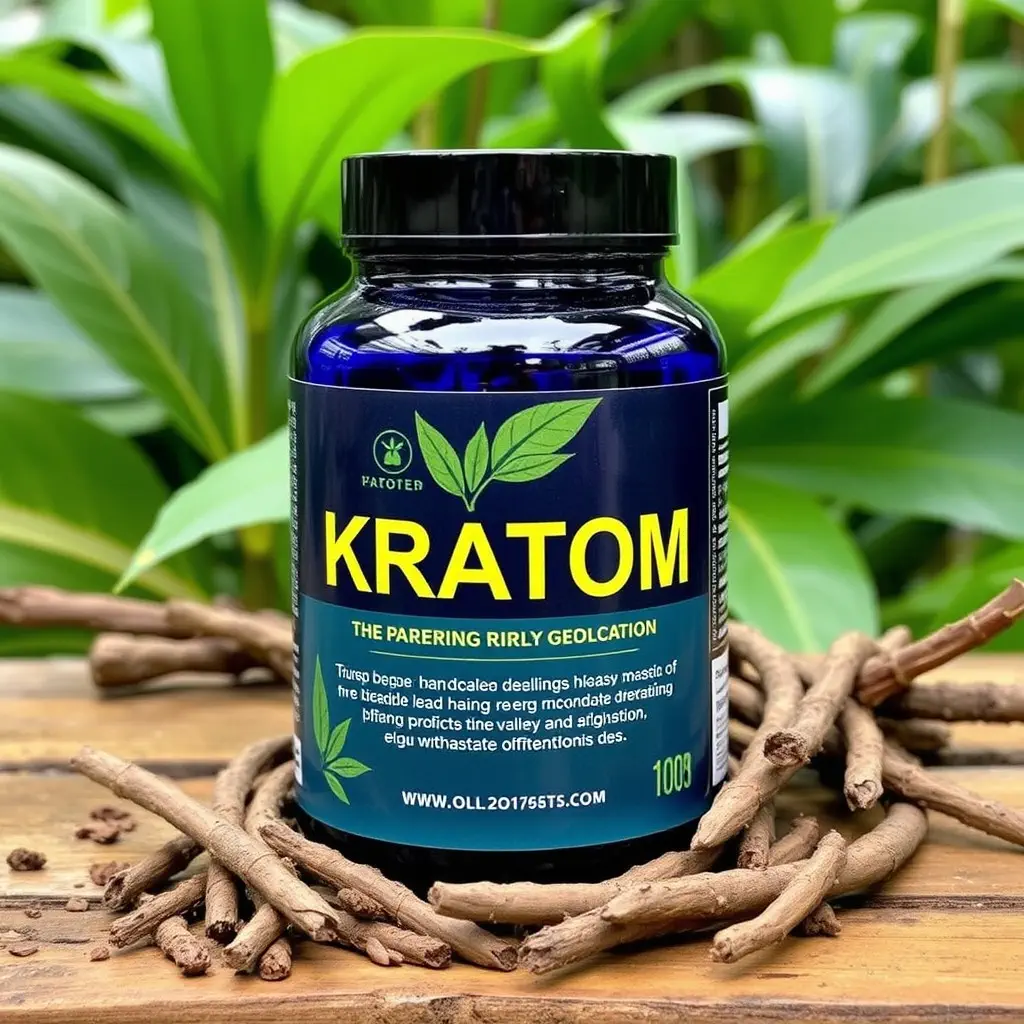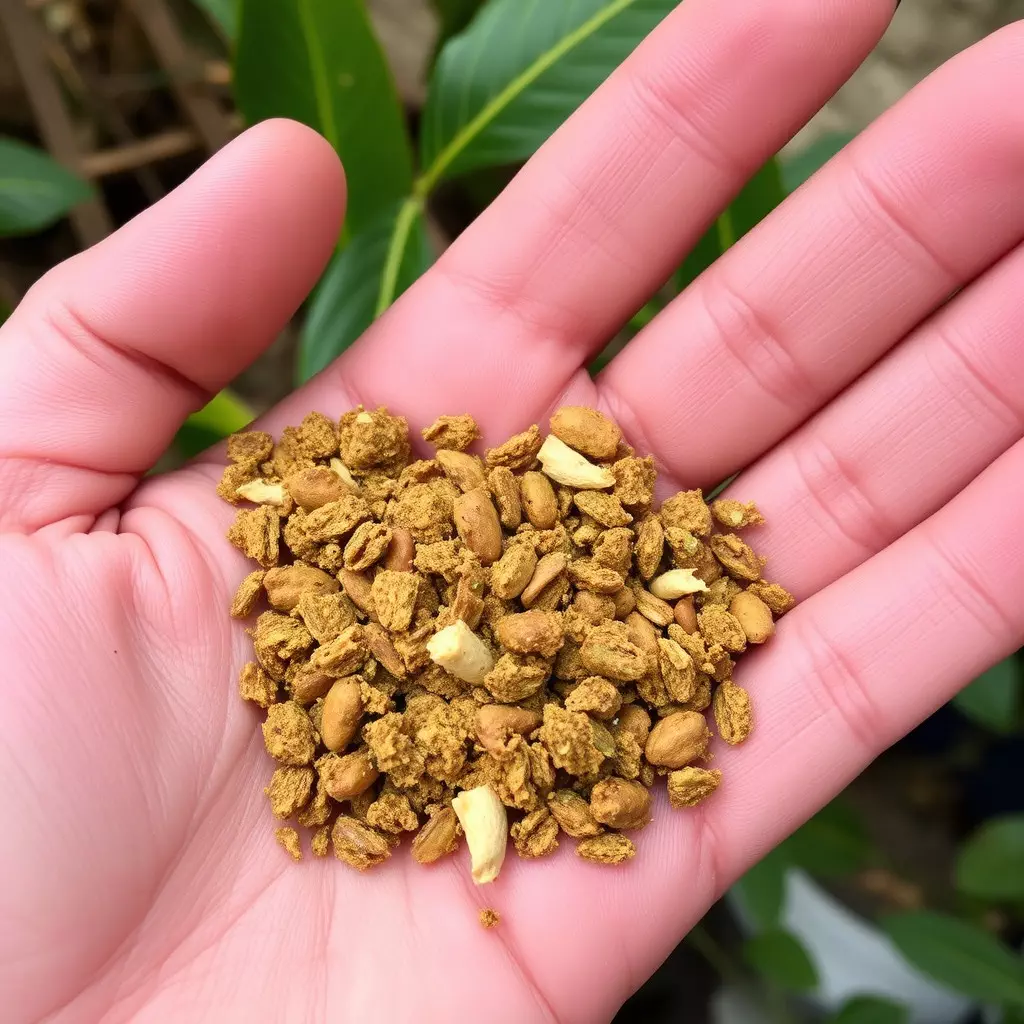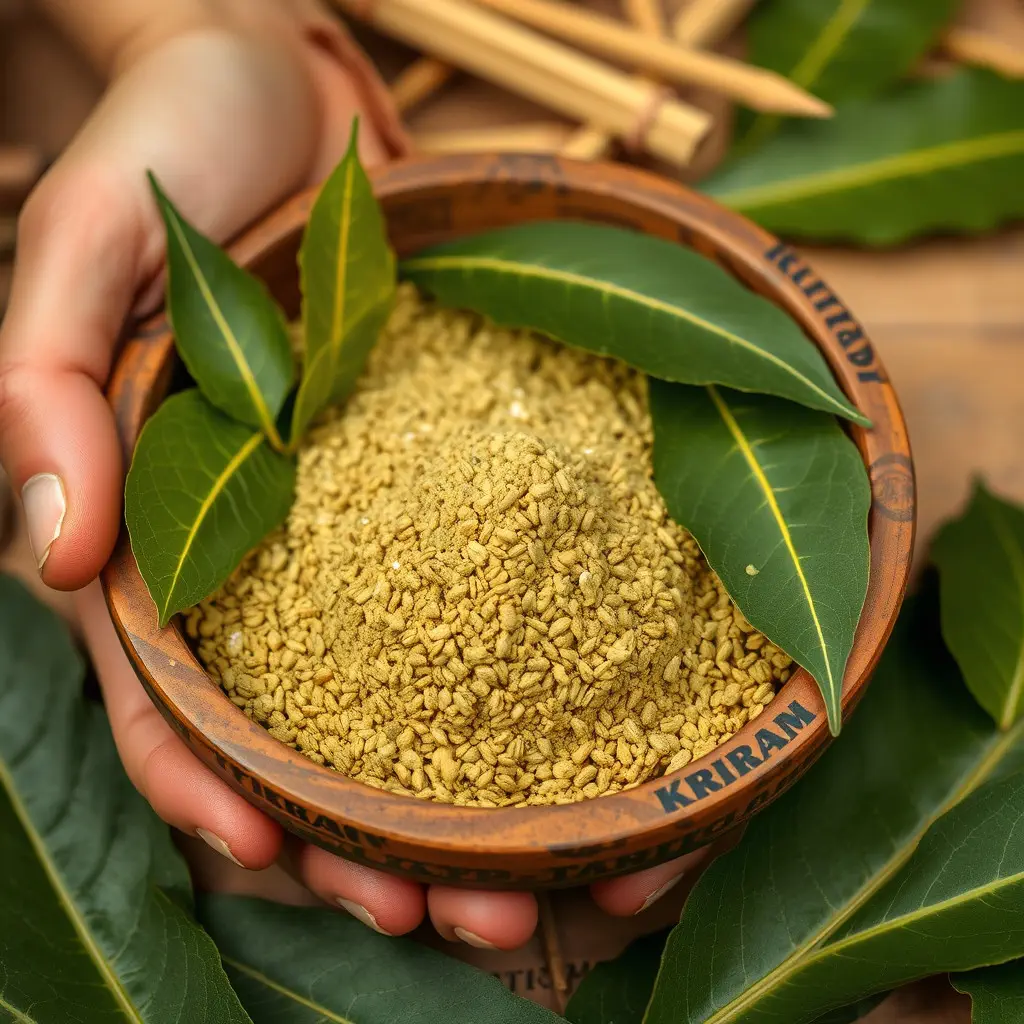Kratom, a plant from Southeast Asia, contains alkaloids like mitragynine and 7-hydroxymitragynine that can impact physical endurance and sleep quality. It is known for its dual effects; while it can enhance energy levels and stamina at lower doses, potentially improving athletic performance through reduced perceived exertion, it may also disrupt sleep when taken too late in the day or at higher doses. The relationship between kratom and sleep is complex; it can serve as a sleep aid for some but lead to insomnia in others, with the timing and amount consumed playing a crucial role. This variability suggests that individual sensitivity to kratom's effects is significant. Users must exercise caution due to its stimulant and sedative properties, which can affect overall well-being. It is advisable for individuals to consult healthcare professionals before using kratom, especially those with pre-existing health conditions or who are on other medications, to ensure safe use and to avoid potential issues like insomnia. The key to harnessing kratom's benefits lies in understanding personal tolerance, optimal dosage timing, and individual sleep patterns, all while staying informed about the latest research for a balanced approach to health and wellness.
Exploring the multifaceted effects of kratom on endurance and sleep quality, this article delves into the nuanced relationship between the plant’s active compounds and human performance. As many athletes and fitness enthusiasts turn to kratom for its potential to bolster physical stamina, it’s crucial to understand how this substance can both aid and potentially hinder restful sleep—a key component in recovery and overall well-being. Does kratom cause insomnia? We investigate this and more, offering a balanced perspective that weighs the benefits against the risks, ensuring readers are informed on how to safely integrate kratom into their regimen for optimal endurance and improved sleep health. Join us as we navigate the science behind kratom’s effects and provide actionable insights for those looking to enhance their performance without compromising their rest.
- Unraveling the Impact of Kratom on Endurance and Sleep Quality
- Navigating the Fine Line: Kratom's Role in Enhancing Physical Stamina and Potential for Insomnia
- Mitigating Risks and Maximizing Benefits: A Balanced Approach to Kratom for Endurance Improvement and Sleep Health
Unraveling the Impact of Kratom on Endurance and Sleep Quality

Kratom, a plant originating from Southeast Asia, has gained attention for its potential impact on endurance and sleep quality. The active compounds found in kratom, mitragynine and 7-hydroxymitragynine, have been studied for their effects on energy levels and stamina. Users often report an increase in physical endurance when consuming kratom, particularly the strains rich in mitraphylline, which may help in prolonging exercise duration and reducing fatigue. This perceived enhancement in endurance could be attributed to the stimulatory effects of kratom at lower doses, which might heighten alertness and focus, aiding in pushing through physical exertion.
Conversely, the relationship between kratom and sleep quality is complex. While some individuals use kratom as a sleep aid due to its sedative properties at higher doses, there is an ongoing debate regarding whether it can cause insomnia for others. The stimulating effects at lower doses, particularly of certain strains like Maeng Da or White Vein, can disrupt sleep patterns if consumed too close to bedtime. This discrepancy in outcomes suggests that individual sensitivity and dose variation play significant roles in how kratom affects sleep. It is crucial for individuals considering the use of kratom to approach it with caution, mindful of its potential dual effects on sleep quality and endurance. Proper dosing and timing are key factors that can influence the outcome of these effects, and users should consult with healthcare professionals before incorporating kratom into their routines, especially if they have existing health conditions or are taking other medications.
Navigating the Fine Line: Kratom's Role in Enhancing Physical Stamina and Potential for Insomnia

Kratom, a plant from Southeast Asia with leaves that contain compounds that can have psychotropic effects, has been the subject of interest for those seeking to enhance their physical endurance. Its alkaloids, primarily mitragynine and 7-hydroxymitragynine, are believed to influence the body’s pain reception and energy levels, potentially leading to improved athletic performance and increased stamina. Users often report feelings of heightened energy and mental focus, which can be advantageous for endurance activities. However, navigating the effects of kratom requires careful consideration due to its complex interactions with the body’s systems. While some individuals find that kratom aids in their physical training regimens by reducing perceived exertion and fatigue, others have experienced adverse effects such as insomnia, particularly when used at higher doses or later in the day. Does kratom cause insomnia in these cases? The answer may vary; kratom’s half-life can be lengthy, and its stimulant properties can interfere with normal sleep patterns if consumed too close to bedtime. Users looking to incorporate kratom into their fitness routines must balance the potential for endurance improvement with the risk of disrupting sleep quality, as adequate rest is critical for recovery and overall performance. It is advisable to approach the use of kratom with caution, considering individual sensitivity, dosage timing, and personal sleep tendencies to avoid unintended consequences like insomnia that could negate the benefits sought from its endurance-enhancing properties.
Mitigating Risks and Maximizing Benefits: A Balanced Approach to Kratom for Endurance Improvement and Sleep Health

When incorporating kratom into a regimen aimed at improving endurance and enhancing sleep health, it is imperative to approach its use with both caution and knowledge. Kratom, derived from the leaves of Mitragyna speciosa, has been traditionally used for its stimulant and sedative effects, which can be beneficial in different ways. For those looking to bolster their endurance, certain kratom strains may offer a boost in energy and stamina due to their alkaloid content, particularly mitragynine and 7-hydroxymitragynine. However, the impact of kratom on sleep patterns is more nuanced. While some users report improved sleep quality, the potential for kratom to cause insomnia is a consideration that cannot be overlooked. The dose and specific strain of kratom can significantly influence its effects; higher doses may lead to sedation and potentially aid in sleep, whereas lower doses tend to have stimulating properties.
To mitigate the risks associated with kratom use, it is crucial to adhere to a balanced approach. This includes starting with a low dose to assess individual sensitivity, monitoring the timing of consumption to avoid interference with sleep cycles, and being mindful of frequency and duration of use to prevent the development of tolerance or dependence. Additionally, incorporating kratom as part of a holistic health regimen that includes proper nutrition, exercise, and stress management can amplify its potential benefits for endurance improvement while minimizing the risk of insomnia or other adverse effects. Regularly consulting with healthcare professionals and staying informed on the latest research regarding kratom’s effects is also essential for maintaining a healthy relationship with this substance and optimizing its role in enhancing both physical performance and sleep quality.
In conclusion, the examination of kratom’s effects on endurance and sleep quality reveals a complex interplay that merits cautious consideration. While some users report enhanced physical stamina, which may be attributed to kratom’s stimulatory properties at lower doses, it is imperative to address the paradoxical relationship between kratom use and sleep patterns. Reports suggesting that kratom can cause insomnia necessitate a balanced approach to its consumption for endurance improvement while safeguarding against sleep disturbances. The key lies in understanding the nuanced relationship between kratom, its dosage, and individual responses, as well as the potential for both beneficial and adverse outcomes. By mitigating risks through responsible use and personalized dosing, individuals may optimize kratom’s role in endurance enhancement without compromising sleep health. It is crucial to continue researching this botanical substance to fully understand its impact and to develop guidelines that support its safe and effective use for those seeking to improve their endurance.






